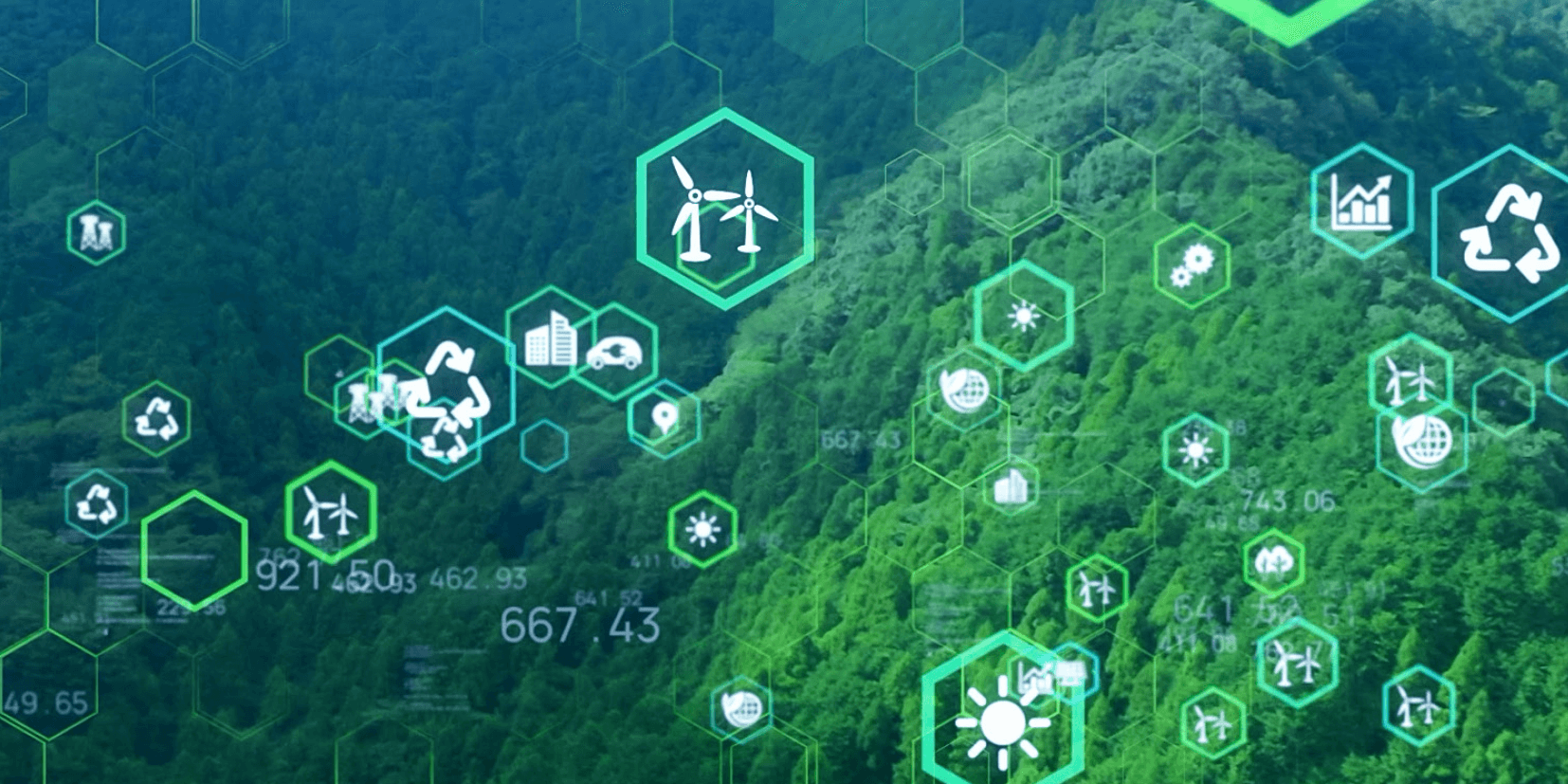Acknowledging the transformational force of the new digital technologies, this project aims to maximize their benefits for science and for the achievement of the SDGs.
Digitalization can drive the transformation to sustainability, or thwart it. For humanity to seize current opportunities, policy-makers must act.
UN Secretary General António Guterres has argued for deep transformations to prevent climate disaster and to fight poverty, reduce inequality and discourage destructive nationalism.
The scientific community has been consistent on this point: we need deep change if we are to achieve sustainability. A mountain of scientific publications support Guterres’ concern, including landmark reports from the Intergovernmental Panel on Climate Change (IPCC).
Responding to this need, the ISC worked on a new flagship initiative in 2021, the Coalition for Digital Environmental Sustainability (CODES), in partnership with UNEP, UNDP, the German Environment Agency, the Kenyan Ministry of Environment and Forestry, Future Earth and Sustainability in the Digital Age.
CODES aims to encourage digital innovation which serves sustainable development, while also valuing thriving natural ecosystems, human wellbeing and community resilience.
It brings together members from public and private sectors and civil society organizations around the world and engages directly with the political process on this subject at the international level.
To follow the developments, subscribe to the CODES newsletter and check out the website.
 events
events
 news
news
 events
events